When it comes to upgrading your home’s aesthetic and functionality, doors play a crucial role. Folding, sliding, and casement doors are increasingly popular choices for modern homes due to their practicality and style. These designs offer versatility, space-saving options, and the ability to bring natural light and openness into your home.
But with so many options available, choosing the right door for your needs can be overwhelming. This buying guide will break down everything you need to know about folding, sliding, and casement doors, helping you make an informed decision for your home.
1. Folding Doors
Aluminum folding doors, often called bi-fold doors, consist of multiple panels that fold back to one or both sides, creating a wide entry or open space. They are perfect for creating seamless indoor-outdoor transitions or dividing spaces within your home.
Key Considerations When Buying Folding Doors:
Material: Folding doors are available in materials like aluminum, wood, vinyl, and composite. Aluminum is lightweight and durable, while wood adds warmth and character. Choose a material based on durability, aesthetic, and maintenance requirements.
Usage: Folding doors are great for patio entrances, dividing open-plan living spaces, or even closets. Determine your use case to select the right size and configuration.
Glass Options: Glass panels offer a modern and elegant look. Opt for double-glazed or low-E glass for better thermal insulation without compromising on style.
Space Requirements: Ensure you have enough space for the panels to stack when folded. If you’re working with tight spaces, consider sliding doors as they require less clearance.
Hardware Quality: Look for smooth-sliding tracks, weather seals, and high-quality hinges and locks to ensure longevity and comfort.
2. Sliding Doors
Aluminum sliding doors operate by gliding along a track, making them an excellent option for areas with limited space. They are commonly used as patio doors, closet doors, and room dividers.
Key Considerations When Buying Sliding Doors:
Track System: A smooth and sturdy track mechanism is crucial. Soft-close options are a great addition for extra convenience and safety. For larger openings, consider multi-track sliding doors.
Frame Material: Popular frame materials include aluminum, uPVC, steel, and wood. Aluminum frames with narrow profiles are highly favored for modern designs as they create a sleek aesthetic and allow for larger glass panels.
Glass Options: Sliding doors often feature full-glass panels. Options include single-pane, double-pane, frosted, or tinted glass, depending on your priorities for insulation, privacy, and style.
Security Features: Check for secure locking mechanisms and sturdy construction for enhanced safety. Consider doors with embedded smart locking systems for convenience.
Energy Efficiency: Insulated glass and thermal breaks in frames can reduce energy loss and help with temperature control. Sliding doors with energy-efficient ratings are especially desirable in extreme climates.
3. Casement Doors
Aluminum casement doors are mounted on one or more hinges and swing open like a traditional door or window. Usually featuring glass panels, these doors combine a timeless design with great functionality.
Key Considerations When Buying Casement Doors:
Swing Direction: Casement doors can open inward or outward. Consider the layout and available space to choose the right opening direction.
Material and Finish: Wood, aluminum, and fiberglass are popular choices. Choose a finish that complements your home’s overall design. For a modern, industrial look, go for black or metallic finishes.
Durability: Casement doors are expected to last for years. Ensure the frame is weather-resistant and durable, especially if exposed to the elements.
Glass Design Options: Full-height glass panels can allow maximum light into your space, while decorative glass panels can add an artistic touch to traditional designs.
Hardware and Security: High-quality handles, hinges, and secure locking systems are vital for both functionality and safety.
4. How to Choose the Right Type of Door for Your Space
Every door style has unique advantages, but the best choice depends on your project and requirements. Ask yourself these key questions before making a decision:
What’s the purpose of the door?
Sliding and folding doors are ideal for maximizing openness, while casement doors work better for tighter spaces and controlled access.
How important is natural light and ventilation?
Glass doors, especially sliding and folding ones, allow natural light to flood your space, while casement doors provide better airflow when open.
Do you prioritize aesthetics or functionality?
Modern homes benefit from the clean, streamlined look of sliding doors, while folding and casement doors offer greater flexibility.
What’s your budget?
Prices vary based on materials, finishes, glass, and other features. Keep your budget in mind while balancing design and durability.
5. Tips for Door Installation and Maintenance
After selecting the perfect door, installation and maintenance are key to ensuring lasting performance:
Always hire professional installers for precise measurements and seamless fitting.
Clean tracks regularly for sliding and folding doors to avoid debris buildup.
Lubricate hinges and locks to prevent wear and tear.
Inspect seals and glass panels periodically for potential damage.
Folding, sliding, and casement doors each offer unique benefits that can transform the beauty and functionality of your living space. By considering factors like materials, space, glass options, and security, you can find a door style that fits your needs perfectly.

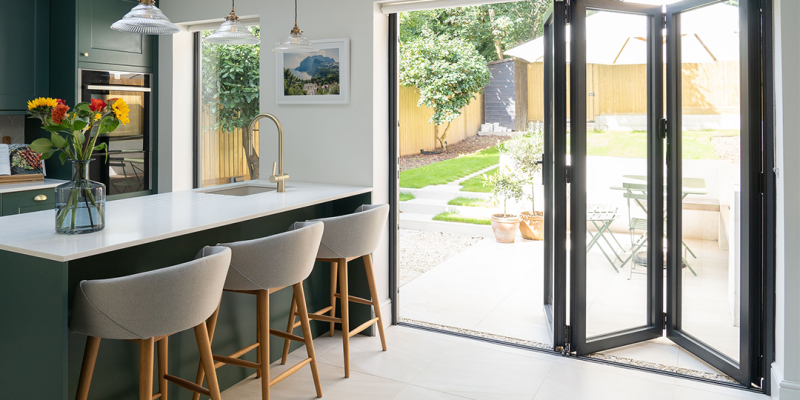
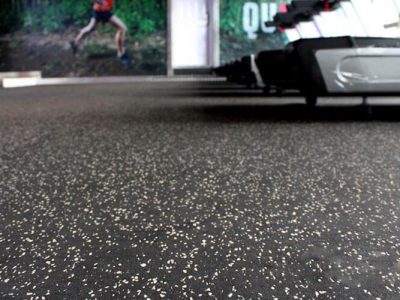
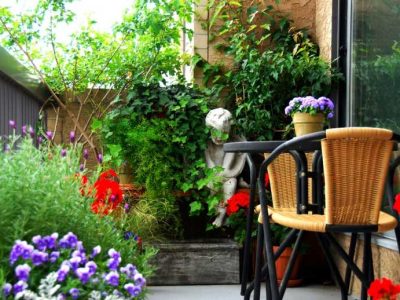
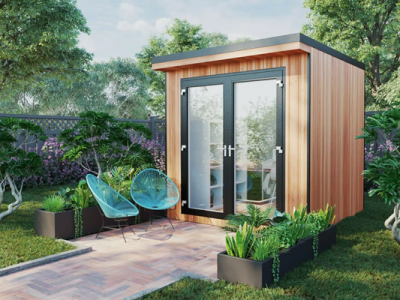
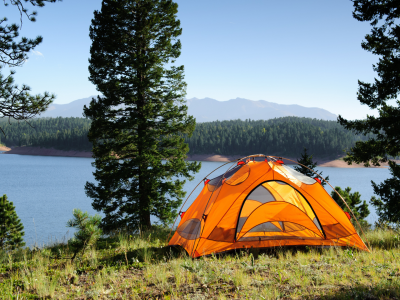
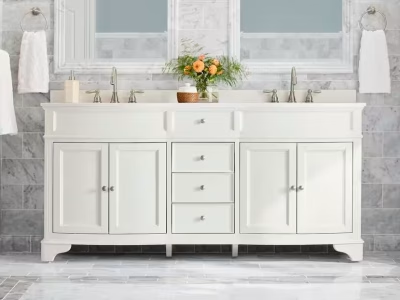
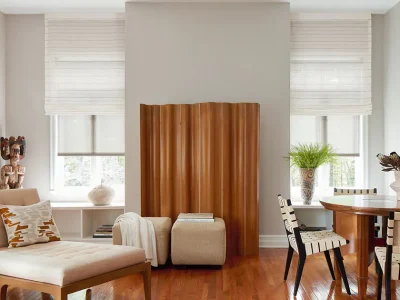


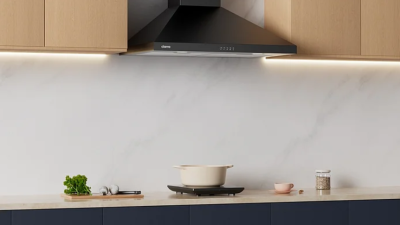
Comments